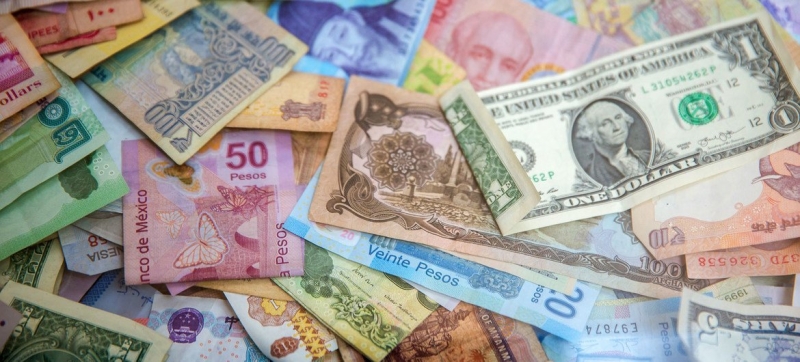
The World Investment Report shows that in 2023, 86 percent of investment policies in developing countries were favorable to investors. Global investment in sustainable development sectors declines by more than 10 percent in 2023 Economic Development
Global foreign direct investment (FDI) fell 2 percent to $1.3 trillion in 2023, while financial flows to the most vulnerable countries increased slightly. This is according to the new World Investment Report, released Thursday by the United Nations Office for Trade and Development (UNCTAD).
With few exceptions, UNCTAD notes an even steeper decline in foreign investment, down more than 10 percent for the second year in a row. The decline is due to rising market and geopolitical tensions amid slowing global economic growth.
The outlook for FDI in 2024 remains challenging, but the report said “moderate growth for the full year appears possible” with easing financial conditions and concerted efforts to promote investment.
Investment promotion
Online information portals and single windows have become widespread around the world to create a favorable business and investment climate.
In developing countries, digitalization is becoming the starting point for wider adoption of e-government and addressing the governance gaps that often hinder investment.
“Investment is not only capital flows. It is about human potential, sustainable use of natural resources and the constant pursuit of a more just and sustainable world,” said UNCTAD head Rebekah Greenspan.
Regional Flows
Investment inflows to most countries in Europe and North America fell by 14 percent and 5 percent, respectively. Direct investment in developing countries fell 7 percent last year to $867 billion, reflecting an 8 percent decline in developing Asia. In Africa, the rate decreased by 3 percent, and in Latin America and the Caribbean by 1 percent. partly due to efforts to impose a global minimum tax rate on the profits of these corporations.
Read also:
INTERVIEW | The global economy will grow faster than expected. The predicted figure for Russia has been doubled
On the other hand, foreign investment in structurally weak and vulnerable economies has bucked this trend, increasing slightly in least developed countries, landlocked developing countries and small island developing states.
Development Investments
The number of international project finance deals critical to infrastructure development and public services has declined in 2023 due to tight financing conditions by a quarter. This has led to a 10 percent decline in investment in Sustainable Development Goal (SDG)-related sectors, primarily in agri-food systems and water and sanitation. There were fewer foreign-funded projects registered in these sectors in 2023 than in 2015, when the SDGs were adopted.
On the other hand, the number of reports on new projects in developing countries increased by more than 1000 – mainly in Asia.
Sustainable Finance
At the same time, mobilization of funds for the SDGs through sustainable finance products in global capital markets is slowing. Sustainable bonds showed little growth in 2023, while new inflows into sustainable investment funds fell by 60 percent.
In this context, the UN Trade and Development Office finds that concerns about “green camouflage” associated with misleading sustainability claims are increasingly affecting investor demand. UNCTAD calls for greater efforts to build confidence in the sustainable funds market. These include clearly defined standards, disclosure, external audit and independent ratings.
Simplification of investment procedures
Report World Investment Report shows that in 2023, 86 percent of investment policies in developing countries were investor-friendly.
Since 2016, UNCTAD launched its global investment promotion action plan, the number of online single windows in developing countries almost quadrupled, from 13 to 67. In developed countries, the number more than doubled, from 12 to 28. Similarly, The number of information portals for registering businesses and investors in developing countries increased from 82 in 2016 to 124 in 2024, while in developed countries there was an increase from 43 to 48.
In addition, promoting business and investment helps expand digital government services. By starting with basic business services and gradually expanding offerings, countries can achieve economies of scale with digital government tools, benefiting all businesses—foreign and domestic, large and small.
Developing countries in particular can benefit from this bottom-up approach, which provides value for users and revenue potential for governments without the need for major regulatory changes.
